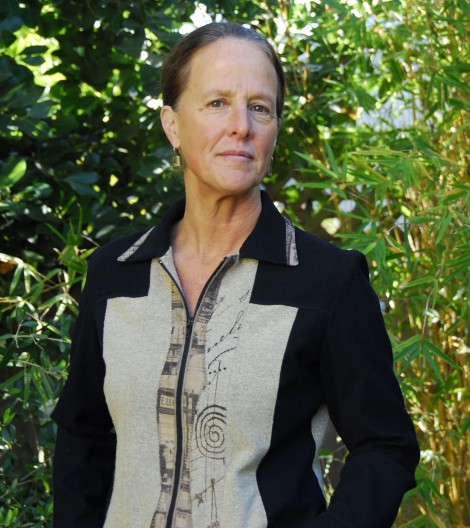
Ohio Wesleyan to Host Berkeley Professor, Phi Beta Kappa Visiting Scholar
Wendy Brown
DELAWARE, Ohio – Wendy Brown, professor of political science at the University of California, Berkeley, will be this year’s Phi Beta Kappa Visiting Scholar at Ohio Wesleyan University.
Brown, Ph.D., will be on campus Oct. 21-22, when she will visit classes, meet with students and faculty, and give a free public lecture discussing “Women or Persons? The Naming Debate in Reproductive Freedom Campaigns.” Brown will speak at 4:10 p.m. Oct. 21 in Room 312 of the R.W. Corns Building, 78 S. Sandusky St., Delaware.
During her presentation, Brown will explore the conundrum faced by an organization such as Planned Parenthood, which wants to be LGBTQ inclusive but is reluctant to surrender an explicit focus on women in its centers and campaigns, especially because of the link between women’s historical lack of control over reproduction and women’s social and economic status. She will frame this conundrum within broader concerns in contemporary social theory and social movements.
Brown also will discuss her current work, “Neoliberalism’s Remaking of State and Subject,” with Ohio Wesleyan students in political science, philosophy, and women’s and gender studies.
Brown is the Class of 1936 First Professor of Political Science at the University of California, Berkeley, where she also is affiliated with the Rhetoric Department and the Critical Theory Program. She is a visiting faculty member of the University of London (Birkbeck) Critical Theory Summer School and a past fellow of the Cornell Society for the Humanities, the American Council of Learned Societies, and the Institute for Advanced Study in Princeton. She is a scholar of Western political thought, both historical and contemporary, who aims to make political theory illuminate contemporary problems.
Her current research examines challenges for democracy generated by neoliberal governance and austerity politics. Recent books include Walled States, Waning Sovereignty; Regulating Aversion: Tolerance in the Age of Empire and Identity; and Edgework: Critical Essays in Knowledge and Politics.
The Phi Beta Kappa Visiting Scholar Program makes available each year a dozen or so distinguished scholars who will visit colleges and universities with chapters of Phi Beta Kappa. The program seeks to contribute to the intellectual life of each institution by making possible an exchange of ideas between the visiting scholars and the resident faculty and students. Now entering its 59th year, the Visiting Scholar Program has sent 623 scholars on 5,092 two-day visits.
Founded in 1776, Phi Beta Kappa is the nation’s oldest academic honor society. It has chapters at 283 institutions, including Ohio Wesleyan, and more than half a million members throughout the country. Its mission is to champion education in the liberal arts and sciences, to recognize academic excellence, and to foster freedom of thought and expression.
Learn more about Phi Beta Kappa and the Visiting Scholar program at www.pbk.org. Learn more about Brown’s visit to Ohio Wesleyan by contacting the president of the local chapter of Phi Beta Kappa, Joseph Musser of the English Department, at jfmusser@owu.edu.
Founded in 1842, Ohio Wesleyan University is one of the nation’s premier liberal arts universities. Located in Delaware, Ohio, the private university offers 86 undergraduate majors and competes in 23 NCAA Division III varsity sports. Ohio Wesleyan combines a challenging, internationally focused curriculum with off-campus learning and leadership opportunities to connect classroom theory with real-world experience. OWU’s 1,750 students represent 46 U.S. states and territories and 43 countries. Ohio Wesleyan is featured in the book “Colleges That Change Lives,” listed on the latest President’s Higher Education Community Service Honor Roll with Distinction, and included in the U.S. News & World Report and Princeton Review “best colleges” lists. Learn more at www.owu.edu.
